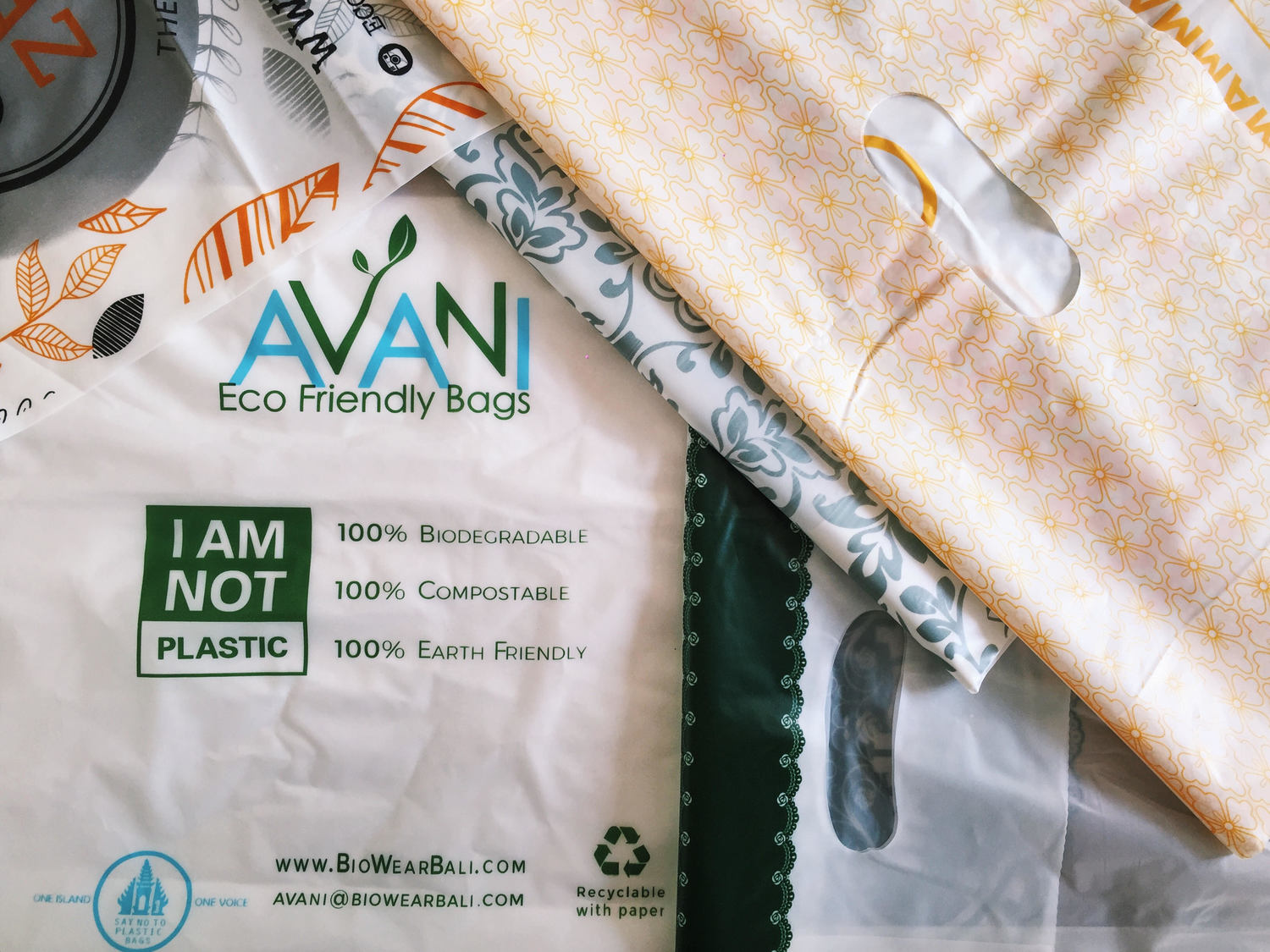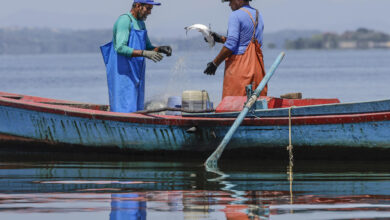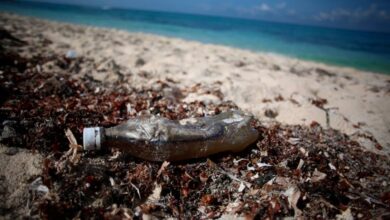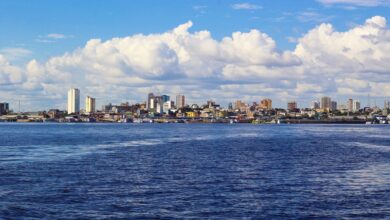The ‘plastic’ bags that dissolve in water


Plastic is one of the most polluting agents in the world. According to Mette Wilkie, Director of the Division of Environmental Policy Implementation of the United Nations Environment Programme (UNEP), every year there are between 10 and 20 million tons of plastic residues in the ocean, which pose a great threat to marine life. More so, these residues represent over 13,000 million dollars in costs.
As response to this problem, the Indonesian company Avanicreated ‘plastic’ bags that are biodegradable, compostable, and recyclable. Their bioplastic is made from cassava root and all natural resins. They can be used as bio-based shopping bags, garbage bags, and general packaging.
They have a biodegradation time of 3-6 months depending on soil conditions and dissolve if submerged in water hotter than 80 degrees Celsius. They leave behind carbon dioxide and biomass but aren’t toxic.
More so, they can be safely consumed by snails, insects and other land and aquatic animals.
“They will cause no harm to life or the environment. [They] are the perfect substitute for single-use conventional plastic bags that are a major cause of the global plastic waste epidemic. They feel like plastic, look like plastic and perform like plastic, but unlike plastic, you can discard them with a clear conscience,” says their webpage.
Avani also provides a range of sustainable food packaging options like coffee cups, take away containers, straws, cutlery and ponchos made from resources such as cornstarch, sunflower and sugarcane.
LatinAmerican Post | Maria Andrea Marquez




